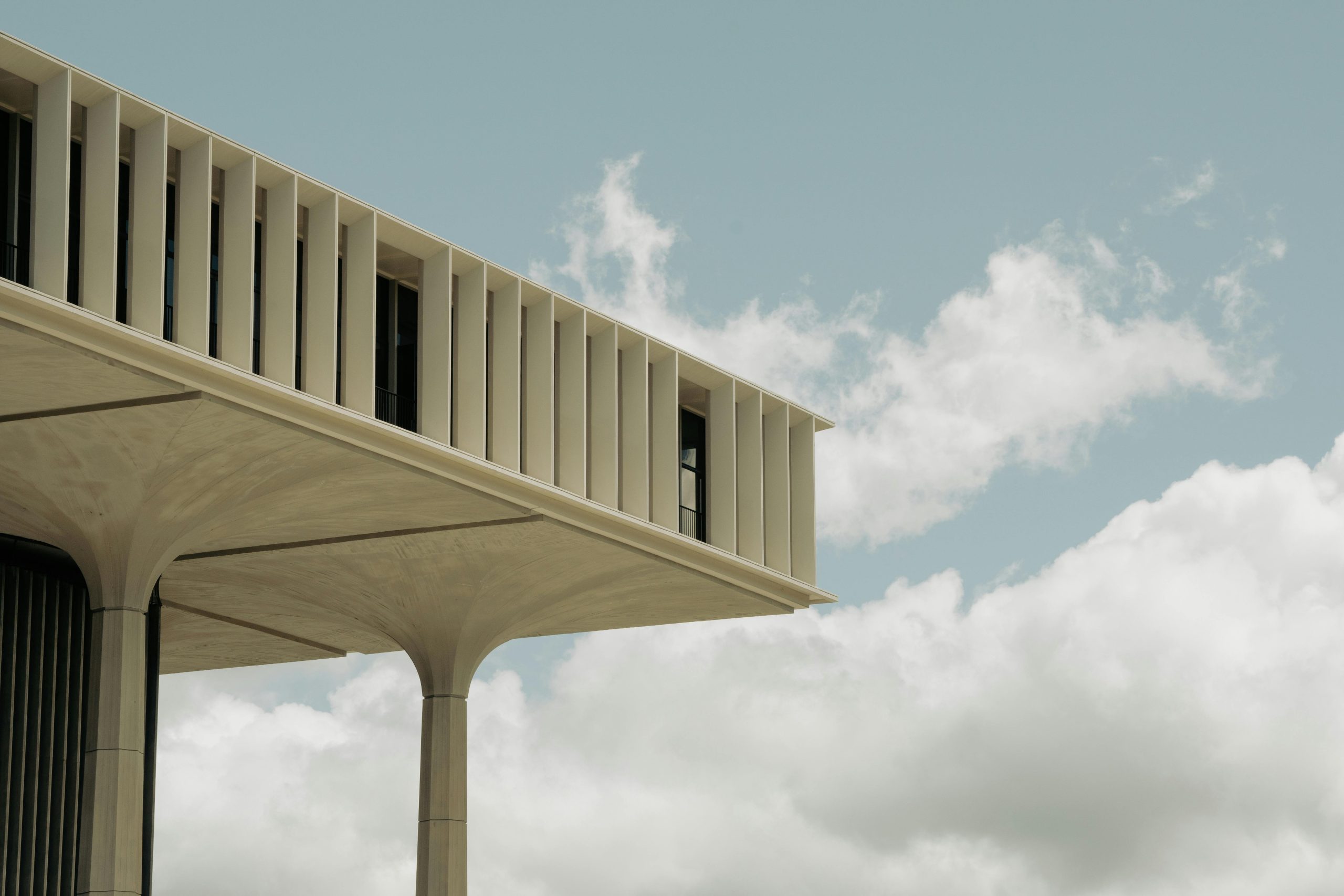Title: Navigating Insurance Disputes After Storm-Related Tree Damage
Understanding Your Rights When Insurance Denies Coverage for Storm Damage
Experiencing property damage due to a falling tree can be distressing, especially when insurance claims are denied unexpectedly. Recently, a homeowner faced such a situation when a tree collapsed onto their shed following stormy weather. An experienced local arborist confirmed that the fall was caused by both wind and rain. However, the homeowner’s insurance provider claimed that only rain was involved and subsequently denied the claim.
This situation raises important questions about insurance policy interpretations and the best course of action for policyholders facing similar challenges.
What Typically Constitutes Covered Storm Damage?
Insurance policies often specify certain perils that are covered, including damages caused by wind, hail, or storms. The distinction between wind and rain can sometimes be a grey area. When a tree falls due to wind, most standard policies consider this a covered peril. Conversely, if the damage is solely attributed to rain, coverage may be denied, depending on the policy’s terms.
The Importance of Documentation and Expert Opinions
In this case, a certified arborist’s professional assessment suggested wind played a critical role, which could be pivotal in contesting the insurance company’s decision. Notably, no insurance representative visited the property to evaluate the damage firsthand, which could have provided additional evidence supporting the claim.
Strategies for Challenging Denied Claims
If you find yourself in a similar situation, consider the following steps:
-
Review Your Policy: Carefully read the policy details to understand what perils are covered, and whether the exclusion of rain-only damage applies to your situation.
-
Gather Evidence: Collect expert reports, photographs, and other documentation that can substantiate your claim. An independent arborist’s evaluation can be highly valuable.
-
File an Appeal: Contact your insurance company to dispute the denial, providing all supporting evidence and requesting a re-examination.
-
Get a Second Opinion: If necessary, seek advice from a legal professional experienced in insurance disputes.
-
Contact Your State Insurance Department: If disputes persist, filing a complaint with your state’s insurance regulatory authority can help escalate the matter.
Conclusion
Navigating the complexities of insurance claims after storm-related damage can be challenging. Being informed about your policy, maintaining thorough documentation, and seeking expert advice are crucial steps toward ensuring your rights are protected. If your claim is denied unfairly, persistent advocacy and professional guidance can often lead to a favorable resolution.
Remember, knowledge



